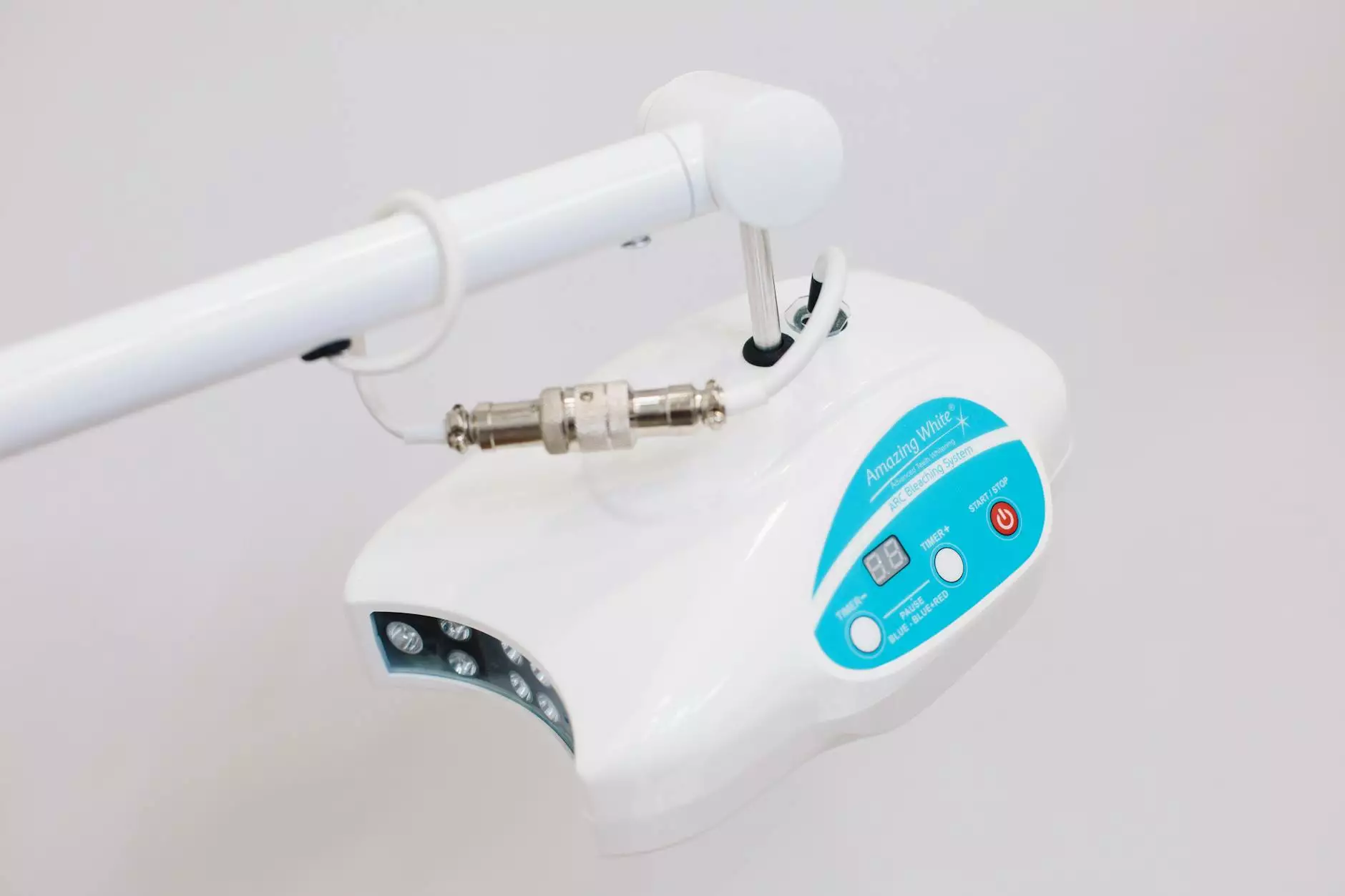Maximize Comfort and Efficiency with **Commercial Dehumidifiers**

In the world of business, maintaining a conducive environment is pivotal for productivity, safety, and the longevity of assets. One crucial aspect that often goes overlooked is the control of moisture levels in commercial spaces. This is where commercial dehumidifiers come into play, serving as indispensable tools for businesses aiming to enhance indoor air quality and safeguard their assets.
1. Understanding the Role of Commercial Dehumidifiers
Commercial dehumidifiers are specifically designed to remove excess humidity from the air, thereby preventing a myriad of problems associated with high moisture levels. These devices are particularly beneficial in environments such as:
- Warehouses
- Manufacturing facilities
- Restaurants
- Hotels
- Indoor swimming pools
- Textile and chemical production areas
With a commercial dehumidifier, businesses can maintain an ideal humidity level between 30% and 50%, which is conducive not just for human comfort but also for equipment longevity and structural integrity.
2. Why is Humidity Control Important?
2.1. Protecting Against Mold and Mildew
High humidity levels create a breeding ground for mold and mildew, which can lead to extensive damage and health risks. Mold can compromise the structural integrity of buildings and products while causing allergic reactions and respiratory problems for employees. Utilizing commercial dehumidifiers mitigates these risks significantly.
2.2. Enhancing Air Quality
Improved air quality directly correlates with employee productivity and satisfaction. Commercial dehumidifiers reduce humidity, which in turn decreases dust mites and other allergens, contributing to a healthier work environment.
2.3. Preserving Equipment and Products
For businesses that deal with sensitive equipment or products, such as electronics, textiles, or perishables, controlling humidity is crucial. High humidity can cause corrosion, spoilage, or degradation of materials. Investing in a commercial dehumidifier helps maintain product quality and minimizes losses.
3. Key Features of Commercial Dehumidifiers
When selecting the right commercial dehumidifier, it is essential to consider the following features:
- Capacity: Measured in pints per day, the capacity indicates how much moisture the unit can remove. Select a capacity that matches your space's requirements.
- Energy Efficiency: Look for units with an Energy Star rating to reduce operational costs and minimize energy consumption.
- Portability: Some commercial dehumidifiers come with wheels or handles, making them easy to move from one location to another.
- Automatic Humidity Control: Advanced models feature built-in hygrometers that allow for automatic operation based on current humidity levels.
- Durability: Given their continuous operation, durability is key. Look for units made with high-quality materials that can withstand demanding environments.
4. Types of Commercial Dehumidifiers
Understanding the different types of commercial dehumidifiers available can aid in selecting the right one for your business needs:
4.1. Refrigerant Dehumidifiers
These dehumidifiers use refrigeration coils to cool the air and condense moisture. They are effective in moderate to high humidity conditions and commonly used in warehouses and basements.
4.2. Desiccant Dehumidifiers
Using moisture-absorbing materials, desiccant dehumidifiers are ideal for very low humidity environments. They are often used in applications where corrosion is a concern.
4.3. Industrial Dehumidifiers
These are heavy-duty units capable of removing large volumes of moisture. They are perfect for environments like manufacturing plants, breweries, and large commercial spaces.
5. Benefits of Commercial Dehumidifiers for Your Business
The advantages of integrating commercial dehumidifiers into your business operations go beyond just humidity control. Here are some compelling benefits:
- Cost Savings: Reducing humidity can lower energy costs by facilitating more efficient heating and cooling of your space.
- Increased Longevity: Protecting equipment and infrastructure from moisture-related damage results in decreased repair and replacement costs.
- Regulatory Compliance: Many industries have regulations regarding air quality and moisture levels. By using commercial dehumidifiers, you can ensure compliance and avoid potential fines.
- Enhanced Comfort: A comfortable environment leads to happier, more productive employees. Maintaining optimal humidity levels is crucial in achieving this.
- Improved Reputation: A company that prioritizes a safe and comfortable working environment is likely to have a positive reputation among clients and employees alike.
6. How to Choose the Right Commercial Dehumidifier
Selecting the optimal commercial dehumidifier for your business requires careful consideration of several factors:
6.1. Assess Your Space
Evaluate the square footage of the area you need to dehumidify. Larger spaces may require multiple units or a higher capacity dehumidifier.
6.2. Determine Your Moisture Levels
Understanding the specific humidity levels in your environment will help you determine the required capacity of the dehumidifier.
6.3. Consider Operating Conditions
Some units are better suited for indoor use, while others are designed for harsher, outdoor conditions. Be sure to select a model that matches your specific needs.
6.4. Set Your Budget
Commercial dehumidifiers range widely in price. Determine your budget while considering the long-term savings from energy efficiency and equipment protection.
7. Installation and Maintenance Tips for Commercial Dehumidifiers
Proper installation and maintenance of your commercial dehumidifier are critical to maximizing its efficiency and lifespan:
- Follow Manufacturer Instructions: Always adhere to the installation guidelines provided by the manufacturer.
- Regular Filter Cleaning: Clean or replace filters as recommended to ensure optimal performance and air quality.
- Check Drainage Systems: Ensure that drainage systems are functioning properly to prevent overflow and water damage.
- Monitor Humidity Levels: Regularly check humidity levels with a hygrometer to ensure your dehumidifier is effectively maintaining optimal conditions.
8. Conclusion: Investing in a Commercial Dehumidifier for Your Business
In conclusion, the importance of controlling humidity levels in commercial spaces cannot be overstated. With the potential to improve air quality, prevent damage, and enhance overall comfort, commercial dehumidifiers are an excellent investment for any business. By understanding the various types, features, and benefits of these devices, businesses can make informed decisions that align with their operational goals and environmental needs.
Consider investing in a commercial dehumidifier from Climatronics and take a proactive step towards a healthier, more efficient workspace. Don’t let humidity diminish your business potential; harness the power of dehumidification today!









